We all know that eating a healthy, balanced diet goes hand-in-hand with achieving our workout and weight loss goals, but it goes a little further than that. The actual size, timing, and content of the meal or snack you eat directly before and after a workout can greatly affect your workout results. Eating the right foods at the right times before you work out is essential for keeping your energy and workout performance levels high, and your body in fat-burning mode. Eating right after a workout effects how well your muscles recover and rebuild.
PRE-EXERCISE
To avoid cramping and indigestion your goal should be to have fuel in your body from nutritious foods that are no longer present in your stomach at the time of your workout. Your pre-exercise meal or snack should be a 2:1 or 3:1 ratio of carbohydrates to protein (depending on the intensity or duration of your workout). Generally, the average woman needs 200 calories of food and 20 ounces of water 1 hour prior to her workout, and men need 300 calories and 30 ounces of water.
With today’s “on the go lifestyle”, eating appropriately before a workout can be quite a chore to schedule in. Each person is different and has a unique digestive system so it’s important to get to know your body and how it responds to food before exercise. Eating before exercise can cause some to experience nausea, sluggishness, and muscle cramping while others will experience weakness, dizziness, and fainting if they did not eat beforehand. The best option for many people is to eat a meal 1-2 hours before your workout. Remember that the larger the meal, and the more protein and fat it contains, the longer you may need to wait before exercising. (i.e. a large meal of 1,000-1,500 calories can take 4-6 hours to empty from the stomach).
If you don’t have time for a meal 1-2 hours before, eat a 100-300 calorie snack about 30 minutes before your workout. This snack should include fast-digesting, high glycemic index carbohydrates and very little fat and protein so you digest the meal quickly so the fuel is available for energy for your workout session.
Pre-workout Snack Suggestions:
- Fruit and yogurt
- Apple and Almonds (about 12 almonds)
- Cereals (with more than 3 grams of fiber) and milk
- Trail mix with nuts and dried fruit (no candy in it)
- Hummus and raw veggies
- Cottage cheese and fruit
- Half a peanut butter or turkey/chicken sandwich on whole grain bread
- Tomato or vegetable juice
- Yogurt smoothie (with added protein powder, if desired)
- Most protein/energy bars (look for 3-5 grams of protein, at least 15 grams of carbs)
- High-glycemic fruits like pineapple, apricots, banana, mango, and watermelon
- Sports drinks
- Celery sticks with Almond butter
TIP: Most of this stuff is portable. Grab a ziplock or Tupperware and take it with you when you know you won’t have time to grab a bite!
POST-EXERCISE
20-60 minutes after your workout is the time when you should eat something, as it is when your muscles soak up nutrients most effectively. Protein is crucial in providing the amino acids that are needed for muscle rebuilding and recovery. Protein also can increase the absorption of water from the intestines to improve muscle hydration. Studies have shown that eating protein with carbohydrates makes the protein more effective.
Post-Workout Snack Suggestions:
- Whey Protein shake with bowl of oatmeal
- Turkey sandwich on whole wheat bread
- Cottage cheese and cherry tomatoes
- Bean burrito
- Blueberries with a piece of string cheese
- Four ounces of tuna on whole-wheat toast
- Almond butter on apples
- Hard-boiled egg
- Milk shake or fruit smoothie
- Chocolate Milk
- Breakfast cereal with milk
- Fruit salad with fruit yogurt
For more ideas check out Men’s Health: 5 Protein Packed Gym Snacks
STAY HYDRATED
It’s important to stay well hydrated before, during, and after exercise. Dehydration can affect blood pressure, muscle contraction and relaxation and can also hinder weight loss efforts. Drink 17 -20 ounces of water 1-2 hours before you start to exercise, and drink during and after your workout to replenish lost fluid.
Don’t forget to take your vitamins!
To see our article on what vitamins to take for ultimate workout performance click here.





 Payments powered by:
Payments powered by:

